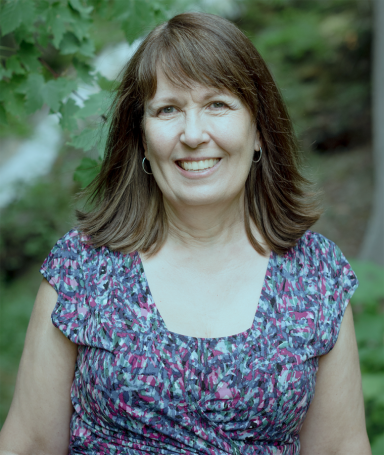- Managing your Practice
-
- Your Benefits
-

Introducing the ultimate Club MD experience
From work to play, and everything in between, we provide you with access to hundreds of deals from recognizable, best-in-class brands, elevating every facet of your life – from practice supports to entertainment, restaurants, electronics, travel, health and wellness, and more. Your Club MD membership ensures that these deals are exclusive to you, eliminating the need to search or negotiate.
Welcome to the ultimate Club MD experience. Your membership, your choices, your journey.
-
- Advocacy & Policy
-
- Collaboration
- News & Events
-

Stay Informed
Stay up to date with important information that impacts the profession and your practice. Doctors of BC provides a range of newsletters that target areas of interest to you.
Subscribe to the President's Letter
Subscribe to Newsletters
-
- About Us
-

The Overlapping Circles of Life
May 24, 2018
President's Blog
Some time ago I was in the position of providing palliative care for a patient who was also a friend. I know there are College guidelines about boundaries, and supposedly in the ideal professional world our contact with patients would be limited to our offices and hospitals. But in real life, the lines are often blurred.  Each of us is part of multiple overlapping circles of communities – those comprised of our families and close personal friends, the folks at our schools and churches and neighborhoods, and those we meet engaging in our hobbies and recreational activities. It is impossible to never see a patient outside of the office unless you live in complete social isolation. And we know that doctors who have no supportive communities of their own are at higher risk of burnout, depression and suicide. So not only is it healthier to be part of the communities in which you live, I would argue you become a better doctor because of these very human interactions.
Each of us is part of multiple overlapping circles of communities – those comprised of our families and close personal friends, the folks at our schools and churches and neighborhoods, and those we meet engaging in our hobbies and recreational activities. It is impossible to never see a patient outside of the office unless you live in complete social isolation. And we know that doctors who have no supportive communities of their own are at higher risk of burnout, depression and suicide. So not only is it healthier to be part of the communities in which you live, I would argue you become a better doctor because of these very human interactions.
In a rural community it is even more challenging. There is one post office, one high school, and two grocery stores. I meet patients every time I venture outside my house, and have numerous routine business interactions with them. A patient rings up my order at the grocery store. A patient services my car. I have treated people who work at every business in town, so short of leaving the community there is no possible way to avoid a business relationship with a patient. I do not discuss medicine in these venues. Should a patient ask – and some do – about results or for advice, I suggest they see me in my office. Many years ago while in the grocery store, a colleague was asked by a patient about abdominal pain. His response to this was to reply, “Ok, take off your clothes and hop up on the till and I will examine you”. The patient exclaimed “in the grocery store?!” And my colleague responded, “My point exactly”. He was never accosted in the grocery store again…
In my case, my long-term patient was also a rural neighbor, and our children were friends and classmates. I looked after her on what she termed her “journey with cancer” as she refused to frame it in terms of a battle. And it was a journey for both of us, from which I and the other physicians who cared for her learned so much. There were long and thoughtful discussions about what she wanted to do with the time she had, and how she wanted to do it. She was very much in control of everything except the inevitable progress of her disease. It was such a privilege to be part of her life and to provide care to allow her to do the activities she enjoyed. When she died there was a huge celebration of life with people from around the world who were part of the larger tapestry that was her life. In typical rural style there was a potluck supper, and talking, and music, and dancing. There were tears and laughter and such a strong sense of community that it was overwhelming.
This connection to community is essential to a healthy life. There is a need for professional boundaries and we must respect the unique power imbalance and vulnerabilities of the physician patient interaction – but we need simple human contact and friends and family and love as well. Only then will we be healthy and happy doctors, with the strength to look after our patients at these very difficult times in their lives. Be professional, but never forget your humanity. Do not be afraid to live in your world and in your community.
In closing I would like to thank all the members of Doctors of BC as well as the staff for letting me be part of your communities this year. It has been amazing, and I leave the position richer for becoming part of this broader community. Be well and look after each other as we journey on together.




